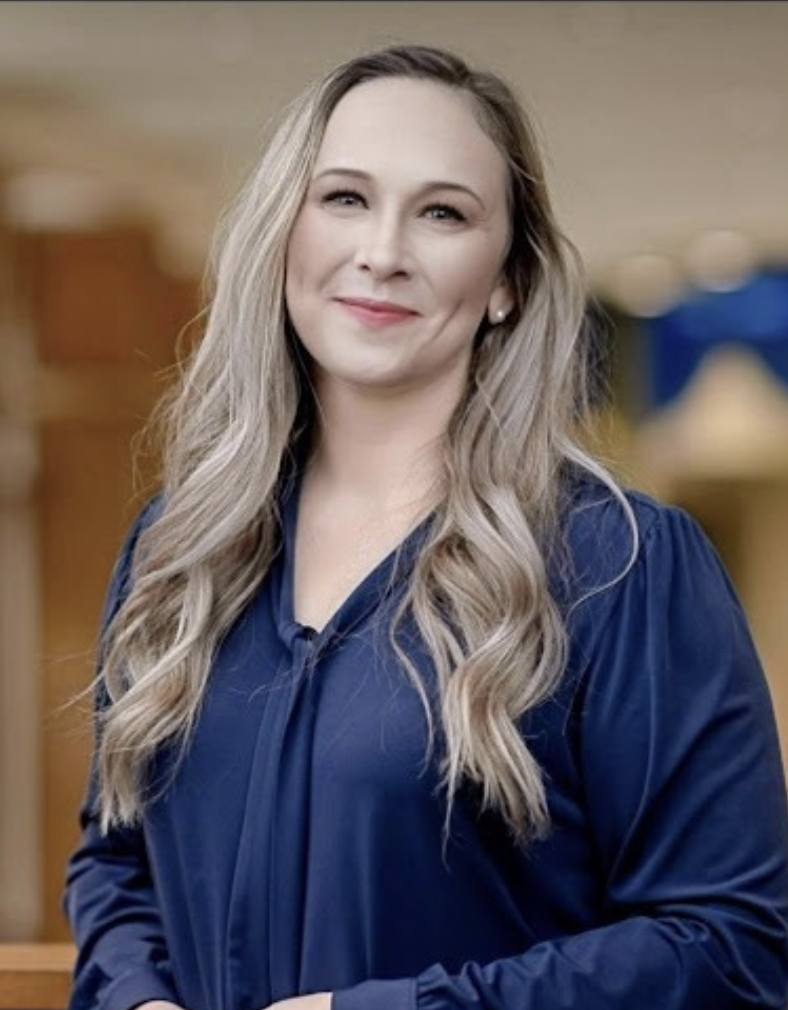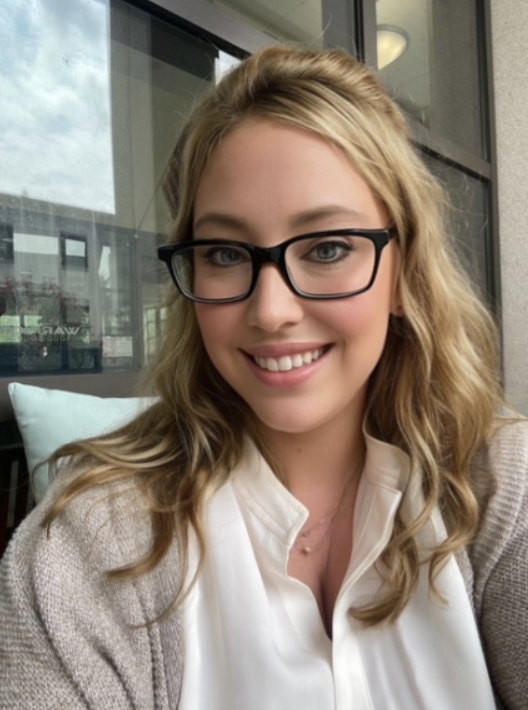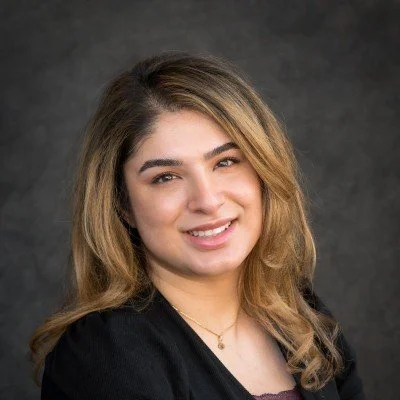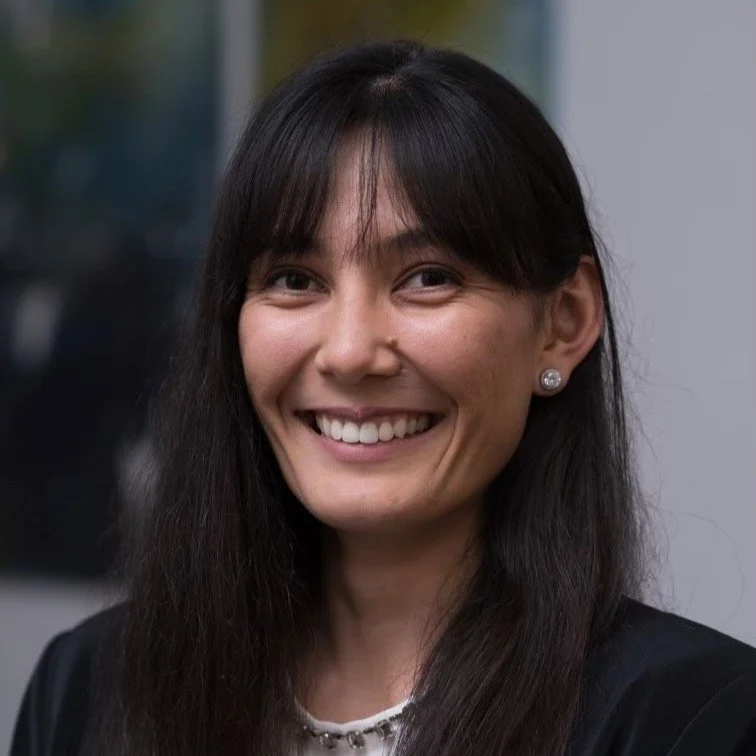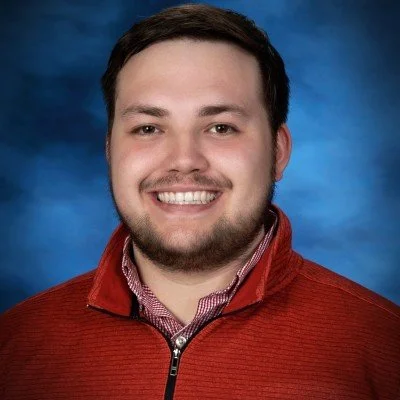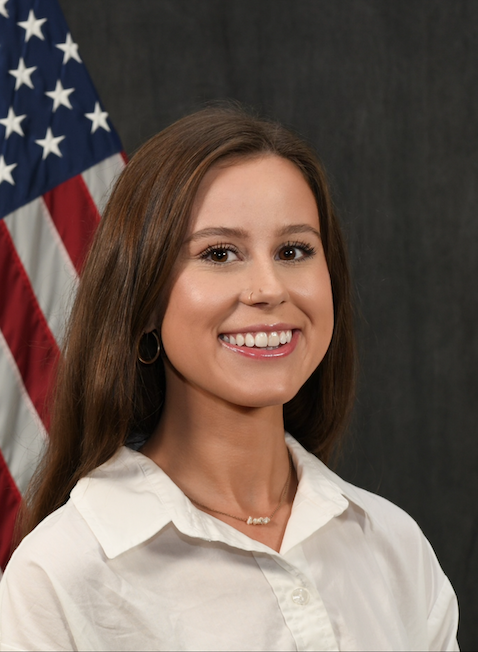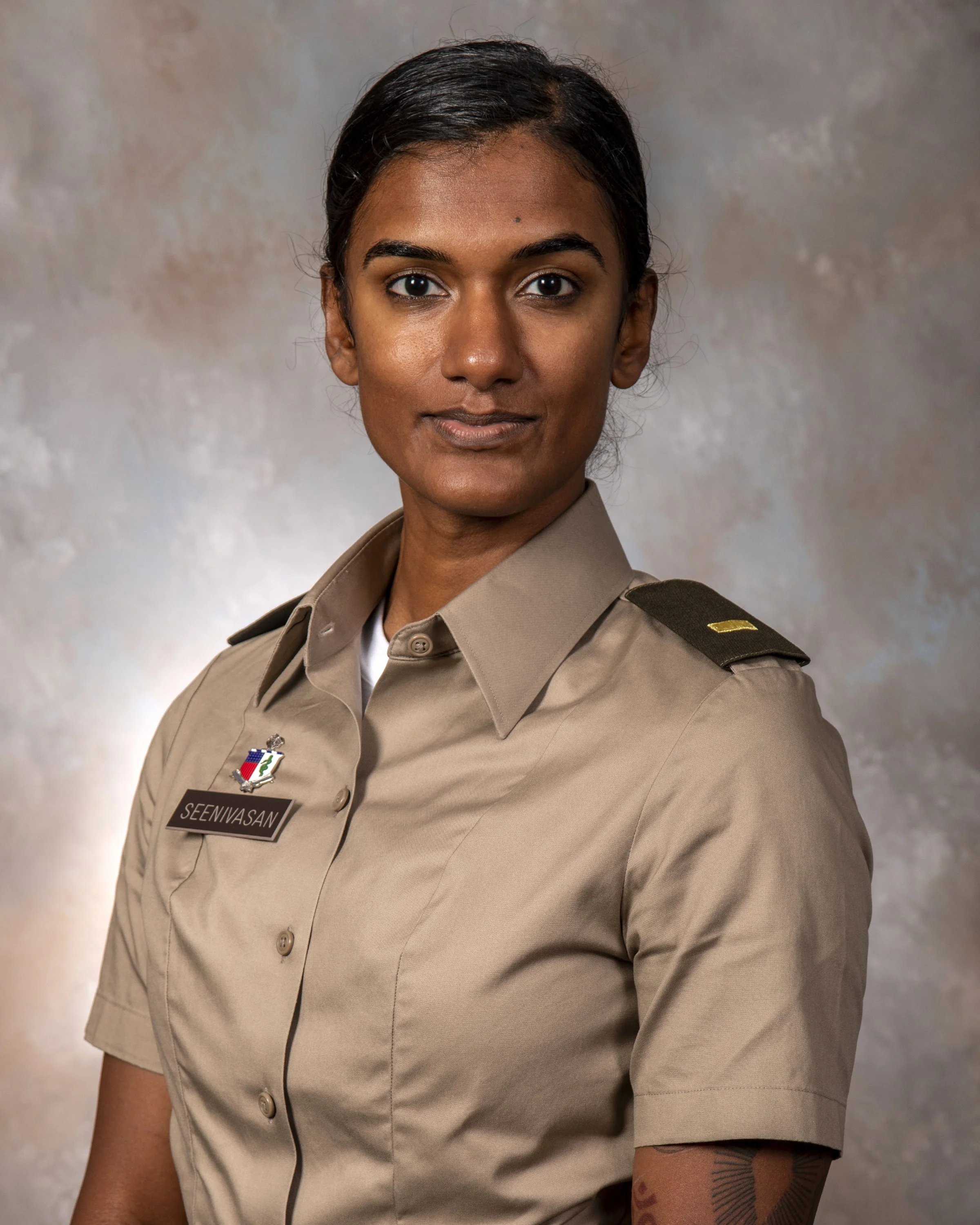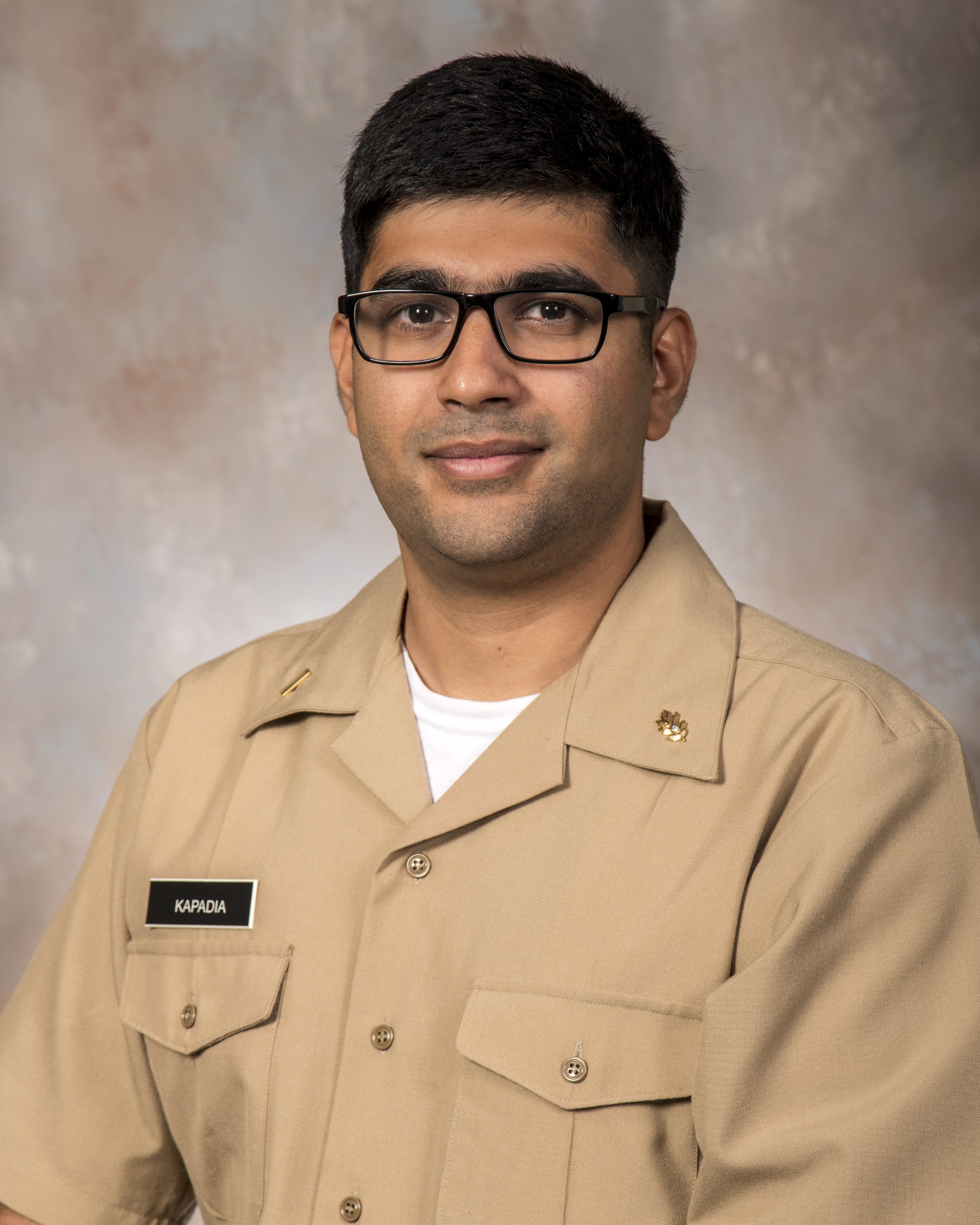Our Team
Principal Investigator
Kent Werner, MD, PhD
CDR, MC, USN | Associate Professor Department of Neurology, USUHS
Kent Werner MD PhD, is a neurologist and neuroscientist serving as an Active Duty Commander in the Navy Medical Corps. As the Vice Chair for Research, an Associate Professor in the Department of Neurology and in the Neuroscience Graduate Program at the Uniformed Services University of Health Sciences (USUHS) in Bethesda, Maryland, he is board certified in sleep medicine and neurology, treating patients with sleep and traumatic brain injury (TBI)-related neurological disorders at the Walter Reed National Military Medical Center (WRNMMC) and in the National Intrepid Center of Excellence (NICoE). He also serves as the Director of Research of the WRNMMC Sleep Disorders Center. His research focuses on the impact of TBI on sleep physiology and cognitive performance. After graduating from the US Naval Academy, he deployed as a Surface Warfare Officer onboard the USS MAHAN (DDG-72), earning his Surface Warfare qualification. Upon entering the Medical Corps, he completed his medical degree, cellular and molecular neuroscience doctorate, and neurology residency at Johns Hopkins University, where he serves currently as Adjunct Faculty. He previously served as Chief of Neurology at Fort Belvoir Community Hospital before completing his fellowship in sleep medicine at WRNMMC.
CORE LEADERSHIP
-
Elizabeth Metzger is currently a Senior Scientific Program Manager at The Geneva Foundation, Director of Research and Operations for the Sleep and Wearables Operational Research for Deployment (SWORD) Lab, and a PhD Candidate at the University of Michigan. She has conducted research for 14 years, initially investigating Multiple Sclerosis, Alzheimer’s, and genetics in wet labs with animal experiments and then transitioning to conducting participant studies focusing on multiple topics in the United States military conventional and Special Operations populations, including repetitive low-level blast exposure; traumatic brain injury; sleep; mental health; suicide, hazing, and sexual assault prevention; musculoskeletal injury and rehabilitation; human performance; and photobiomodulation. She specializes in successfully implementing projects in hard-to-reach populations, and bridging the gap between program management and scientific direction. Currently, she oversees 32 projects and 37M from a variety of DoD/DHA funders. She earned a Bachelor of Science in Biology from UNC Chapel Hill and a Master of Science in Public Health and a Nonprofit Management Graduate Certificate from UNC Charlotte. She is also earning her PhD in Epidemiologic Science from the University of Michigan with a focus on injury prevention in the US military under the mentorship of Dr. Doug Wiebe.
Elizabeth C. Metzger, MSPH
-
Caitlin holds a Bachelor of Science degree in Kinesiological Sciences from the University of Maryland College Park, where she earned a partial athletic scholarship and scholar student athlete award, during her tenure. She went on to obtain a Master of Science degree in Clinical Exercise Physiology with a concentration in Cardiopulmonary Rehabilitation from The George Washington University in Washington, DC.
Caitlin began her clinical career as an American College of Sports Medicine certified Clinical Exercise Physiologist (ACSM-CEP) supporting the Virginia Heart and Vascular Center and working PRN in the Cardiopulmonary Rehabilitation program at Anne Arundel Medical Center. She transitioned to a career in Clinical Research in 2011, and now has nearly 14 years of experience working within the Military Healthcare System, where she has served in multiple capacities, including leading data collection and clinical interventions as a Clinical Research Coordinator (CRC), assisting with study implementation and data analysis as an Associate Investigator (AI), and in her current role as a Program Manager overseeing several research portfolios at the Walter Reed National Military Medical Center (WRNMMC), Uniformed Services University of the Health Sciences (USUHS), and the Intrepid Spirit Center at A.T. Augusta Military Medical Center (ATAMMC). Her research interests include musculoskeletal injury, rehabilitation, and prevention, traumatic brain injury (TBI), and neuroscience. Caitlin is currently leading the efforts on Defense Advanced Research Projects Agency (DARPA) sponsored studies for the S.W.O.R.D. Lab, as well as overseeing the efforts on the LIMBIC-CENC prospective longitudinal study (www.limbic-cenc.org) at ATAMMC.
Caitlin Jones, MS
REGULATORY OVERSIGHT AND PROGRAM COORDINATION
-
After graduating from the University of Mary Washington with a B.S. in Biology, Heather was accepted to the Postbaccalaureate Intramural Research Training Award (IRTA) program at the National Institutes of Health (NIH) in Bethesda, Maryland where she worked under the Clinical Director of the Schizophrenia Research Program. As a doctoral student in the Neuroscience curriculum at the University of North Carolina at Chapel Hill, she coupled optogenetic stimulation techniques with functional magnetic resonance imaging (optogenetic fMRI) to investigate how in vivo modulation of midbrain dopaminergic neurons alters whole brain activity dynamics. In the Werner lab, she is interested in advancing our understanding of the neurobiological mechanisms that underlie sleep in the hope that it will ultimately guide the development of more effective treatments for sleep disorders. Outside of the lab, Heather enjoys spending time with her family and friends, running and working out, exploring nature and the outdoors, volunteering at a local dog and cat rescue, cooking, and hanging out with her cat, Rain.
Heather Decot, PhD
-
Meghan Ceribo received her B.A. in Psychology from the University of Maryland, Baltimore County (UMBC), where she developed a research background and worked with children with neurodevelopmental disabilities across various settings.
She brings experience across clinical, community, operational management, and academic contexts to her role as the Program Coordinator. She facilitates multi-site study operations and supports the implementation of efficient systems within the SWORD Lab.
Meghan is interested in how trauma, chronic stress, and sleep disruption affect health and well-being in systemically impacted populations, including service members and families. Currently, Meghan is completing her MPS in Clinical Psychological Sciences at the University of Maryland, College Park.
Meghan Sonja Ceribo, MPS
POST-DOCTORAL FELLOWS
Sujasha Gupta, PhD
-
Dr. Sujasha Gupta is a neuroscientist and mechanical engineer whose research integrates signal processing, neuroimaging, and advanced neuromodulation technologies to develop non-invasive approaches for monitoring and modulating brain function. She utilizes customized fNIRS systems with water-sensitive wavelengths and applies novel signal processing methods to quantify cerebral blood and water dynamics during sleep as markers of glymphatic activity. Her work combines engineering-driven analysis with EEG-based sleep staging to investigate how REM and N3 sleep contribute to fluid clearance and sleep microarchitecture. Dr. Gupta also leads neuromodulation studies using low-intensity focused ultrasound and transcranial electrical stimulation to enhance REM sleep and improve cognitive and emotional outcomes in populations affected by post-traumatic stress (PTS) and mild traumatic brain injury (mTBI).
Lilly Skeiky, PhD
-
Lillian Skeiky studies human cognition, genetics, and sleep physiology to study mechanisms related to individual differences in vulnerability to sleep loss and EEG signatures related to recovery from sleep loss. She has experience conducting research in controlled in-laboratory settings, as well as field studies examining sleep in various populations and settings, such as clinical populations and field studies related to round-of-the-clock military exercises.
Prior to joining the Werner Lab, Lillian worked as a research assistant and graduate student at the Sleep and Performance Research Center (SPRC) at Washington State University under the mentorship of Dr. Hans Van Donen, Ph.D. As part of her dissertation work, Lillian utilized genetic polymorphisms to understand neurobiological mechanisms related to sleep-loss induced performance impairment. Prior to joining the SPRC, Lillian worked at the Walter Reed Army Institute of Research where she served as a lead research assistant on in-laboratory studies of sleep deprivation, as well as on field studies of Warfighter readiness during military exercises.
STAFF SCIENTISTS
-
Angeliki Pollatou, Ph.D., is a Computational Research Scientist whose work centers on uncovering biomarkers of sleep physiology and dysfunction through advanced physiological signal processing and neuroimaging techniques. Her research investigates the relationship between brain function, the glymphatic system, and physiological rhythms—particularly in populations affected by traumatic brain injury (TBI), PTSD, and insomnia.
Dr. Pollatou leads studies integrating data from MRI, EEG, ECG, and wearable technologies to identify digital biomarkers of sleep and circadian disruptions. She has developed scalable pipelines for analyzing large-scale physiological datasets and big data streams, including heart rate, respiration, body temperature, and polysomnography. Her work leverages both commercial and non-commercial devices to track autonomic and central nervous system function, with a special focus on translating insights into actionable outcomes for military and clinical populations.
She is currently leading clinical trials targeting sleep enhancement using transcranial electrical stimulation (TES) and haptic feedback technologies. She is especially interested in the role of sleep across the lifespan and its implications for women’s health.
Dr. Pollatou completed her postdoctoral training as a recipient of competitive NIH-funded fellowships at Columbia University Irving Medical Center and Children’s National Hospital. Through these prestigious programs, she developed a multidisciplinary research portfolio that integrates machine learning, advanced neuroimaging, and physiological modeling to investigate brain development and maternal-child health.
Angeliki Pollatou, PhD
-
Amanda Studnicki is a data scientist and data engineer for the WRNMMC Sleep Lab. Amanda received a PhD in Biomedical Engineering (2023) where she specialized in the neural correlates of human motor control using high-density mobile electroencephalography (EEG). She has experience with brain-computer interfaces (postdoc with the NIH, 2024) and working as a data scientist in industry (Best Buy Health, 2020). In her off time, Amanda enjoys playing tennis, going to plant shops, and helping her husband with his architectural filmmaking business.
Amanda Studnicki, PhD
-
Vera Y. Matrosova is a Research Scientist with extensive laboratory and management experience. After earning her Ph.D. degree in Immunology, she was invited to work at NIH as a Research Fellow gaining expertise in molecular biology and cancer research. With over 20 years at USUHS, she brings experience and expertise in supporting improvement of neurological health. Her research focuses on bridging neurological disorders with changing biomarkers expression in blood to find noninvasive approaches for diagnostics.
Vera Matrosova, PhD
RESEARCH COORDINATORS, ASSISTANTS AND LAB TECHNICIANS
-
Eddie is a research assistant that has experience with polysomnography and sleep data analysis. Previously, he worked for the Walter Reed Army Institute of Research's Sleep Research Center. Eddie earned his Bachelor of Science in Psychological and Brain Sciences from Catholic University of America. He is engaged in neurological and imaging research.
Eddie Castillon, BS
-
As a psychology graduate from the University of Maryland, Ethan has a strong interest and background in affective, medical, and addiction research and neuroscience. Ethan brings extensive research experience, demonstrated through his work at the Laureate Institute for Brain Research, where he assisted with neuroimaging, data analysis, and led a project on gray matter differences in depression. Additionally, he has clinical experience as a crisis counselor at Crisis Text Line and as a clinical interviewer at the University of Maryland and Tuerk House. Ethan currently works in the SWORD lab as a Research Assistant II for the Geneva Foundation, where he supports research focused on improving military medicine and sleep health for service members.
Ethan Cheraghpour, BA
-
Lyndsey Nindl serves as a Research Coordinator at the SWORD Lab, supporting research on sleep and blast exposure to optimize service member health, performance, and recovery. Lyndsey holds a Master of Applied Positive Psychology from the University of Pennsylvania and a Bachelor of Science in Psychology & Sociology from Towson University. She has experience advancing military health research at the U.S. Army Research Institute of Environmental Medicine (USARIEM) and the University of Pittsburgh’s Neuromuscular Research Laboratory/Warrior Human Performance Research Center (NMRL), spanning health and fitness standards, postpartum return-to-duty, and musculoskeletal injury risk. She brings expertise in study coordination, data collection, and research implementation, and is committed to translating scientific findings into actionable strategies that support operational readiness and overall well-being for military-connected individuals.
Lyndsey Nindl, MAPP
-
Michael Smith is a biomedical researcher currently serving as a Research Laboratory Technician I at the Geneva Foundation, Uniformed Services University. In this role, he supports the execution and maintenance of clinical and laboratory research, provides technical expertise in laboratory analysis, manages regulatory documentation, and ensures compliance with research protocols and safety regulations. He holds a Ph.D. in Biology with a focus on Parasitology from Howard University. Dr. Smith has completed postdoctoral training at George Washington University and the Center for Prostate Disease Research, where his work explored mechanisms of cancer progression and host-pathogen interactions. He brings strong expertise in molecular biology, cancer biology, and translational research
Michael Smith, PhD
-
Alexis Robinson is a Clinical Research Coordinator with a strong background in regulatory compliance, participant safety, and protocol development. She has extensive experience managing clinical trials and coordinating with principal investigators to ensure data integrity and research quality. Alexis has worked across various studies, including those focused on neurological and infectious diseases, and is well-versed in laboratory operations, participant engagement, and data analysis. She is passionate about improving health outcomes through high-quality research and maintaining the highest ethical standards. Alexis holds a Bachelor of Science in Biology from Savannah State University and has completed specialized training in OSHA, IATA, and infection control processes.
Alexis Robinson, BS
MEDICAL STUDENTS
-
Srija Seenivasan is an Army MD-PhD neuroscience student at Uniformed Services University. Her previous research as a research associate at the VA Palo Alto in the Adamson Brain Stimulation Lab was in non-invasive neuromodulation via TMS and functional neuroimaging targeting for chronic pain, depression, and Gulf War Illness, and her future interests lay in EEG-based biomarkers of sleep-deprived performance and glymphatic clearance as well as optimizing findings via machine learning.
Srija Seenivasan, 2LT, MS
-
Rayomand Kapadia is a Navy medical student in the Class of 2028 at USUHS. He comes from an immigrant family based in a small town called Tavares in Florida. He is the first in my family to pursue a career in medicine. Rayomand graduated from the University of California, Irvine in 2021 with a Bachelor of Science in Neurobiology and a minor in Medical Anthropology. With his passion for research, he attended the Stanford School of Medicine as a Life Science Research Professional before starting at USUHS. In his free time, he enjoys team sports such as soccer, basketball, and Quadball, and loves exploring different culinary cuisines.


